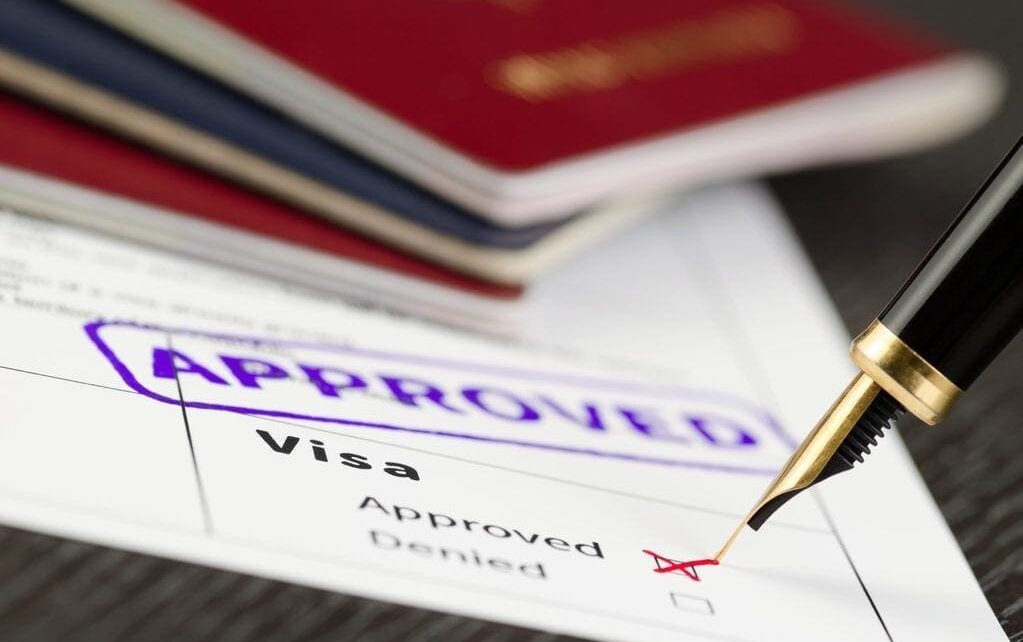The O1 Visa Lawyer is a prestigious pathway for individuals who have demonstrated extraordinary ability in their field—whether it’s the arts, sciences, or business. However, proving “extraordinary ability” can be challenging, as it requires applicants to provide substantial evidence that sets them apart from their peers.
This detailed guide explores what it means to have extraordinary ability, breaks down the criteria established by USCIS, and provides specific strategies and examples for building a strong O-1 visa application.
What Does “Extraordinary Ability” Mean?
The USCIS defines extraordinary ability differently depending on the applicant’s field:
- Arts (O-1B): Extraordinary ability means achieving “distinction,” which is a high level of skill and recognition that sets you significantly above your peers.
- Example: An acclaimed choreographer whose work has received glowing reviews from prominent dance critics.
- Sciences, Business, and Athletics (O-1A): Extraordinary ability is demonstrated by sustained national or international acclaim and recognition for your achievements.
- Example: A scientist whose groundbreaking research has been cited in numerous peer-reviewed journals and adopted by leading institutions.
In both cases, applicants must show they are among the top individuals in their field.
Key USCIS Criteria for Proving Extraordinary Ability
To qualify for the O-1 visa, applicants must meet at least three of the following eight criteria or provide comparable evidence:
1. Awards and Recognitions
- Evidence of receiving nationally or internationally recognized awards or prizes for excellence in your field.
- Examples:
- An artist who has won a Grammy, Tony, or Academy Award.
- A scientist recognized with a National Science Foundation Award.
- Examples:
2. Membership in Exclusive Organizations
- Membership in associations that require outstanding achievements, evaluated by recognized experts.
- Examples:
- Membership in the American Academy of Arts and Sciences.
- Induction into the Forbes Business Council for exceptional entrepreneurship.
- Examples:
3. Media Coverage
- Evidence of being featured in major publications or media outlets.
- Examples:
- A profile in The New York Times detailing your innovative business strategy.
- An interview on a respected podcast highlighting your achievements.
- Examples:
4. Judging the Work of Others
- Proof of serving as a judge, panelist, or evaluator in your field.
- Examples:
- Judging entries for an international art competition.
- Serving on a peer-review board for a scientific journal.
- Examples:
5. Significant Contributions to the Field
- Documentation of original contributions of major significance to your industry.
- Examples:
- Developing a groundbreaking technology that transformed an industry.
- Producing a critically acclaimed film that set new standards in storytelling.
- Examples:
6. Authorship of Published Work
- Evidence of publishing scholarly articles, books, or other professional works in your field.
- Examples:
- Writing a book that became a cornerstone in a specific academic discipline.
- Publishing influential research papers in leading journals like Nature or The Lancet.
- Examples:
7. High Salary or Compensation
- Proof that you earn a significantly higher salary compared to others in your field.
- Examples:
- Pay stubs showing your income exceeds industry averages by 50{87798b8e83678c207c5396601cd4bead2c1fe01a074849a1a7d5c528225f17ff}.
- Contracts for exclusive engagements with top-tier clients.
- Examples:
8. Critical Roles in Distinguished Organizations
- Evidence of holding leading roles in organizations with a distinguished reputation.
- Examples:
- Serving as the CEO of a Fortune 500 company.
- Being the principal dancer in an internationally renowned ballet company.
- Examples:
Strategies for Proving Extraordinary Ability in Specific Fields
1. Arts (O-1B):
- Highlight Leading Roles: Emphasize your roles in productions or exhibitions of national or international distinction.
- Example: Provide reviews from top critics praising your performance as a lead actor in a Broadway play.
- Showcase Awards and Nominations: Include evidence of industry-specific accolades like an Emmy or Grammy nomination.
- Leverage Media Coverage: Feature articles in respected outlets like Variety or The Hollywood Reporter.
2. Sciences (O-1A):
- Present Research Contributions: Highlight your peer-reviewed publications and citations.
- Example: Provide metrics showing your research has been cited in over 500 studies.
- Collaborate with Leading Institutions: Include letters from collaborators at renowned organizations like NASA or the World Health Organization.
- Highlight Innovations: Showcase patents or groundbreaking discoveries that have advanced your field.
3. Business (O-1A):
- Demonstrate Leadership: Highlight your role in transformative projects.
- Example: Provide evidence of launching a product that generated millions in revenue.
- Showcase High Compensation: Include evidence of bonuses tied to your performance.
- Leverage Client Testimonials: Provide letters from major clients attesting to your influence and expertise.
Tips for Building a Strong Case
4. Focus on Quality Evidence:
-
- Ensure all evidence directly ties to USCIS criteria. Avoid irrelevant documents.
- Leverage Expert Testimonials:
- Secure letters from recognized leaders in your field to provide critical context for your achievements.
- Organize Your Documentation:
- Present your evidence in a professional format with clearly labeled sections corresponding to USCIS criteria.
- Be Specific and Detailed:
- Use concrete examples to illustrate your accomplishments. Avoid vague claims.
Common Mistakes to Avoid
5. Failing to Address USCIS Criteria:
Explicitly link your evidence to the listed criteria. Generic statements won’t suffice.
6. Overlooking Lesser-Known Achievements:
Regional awards, niche media coverage, or contributions to smaller industries can still strengthen your case if presented effectively.
7. Submitting Disorganized Evidence:
Poorly structured applications can delay or harm your petition’s chances.
Final Thoughts
Proving extraordinary ability for the O-1 visa requires a strategic approach and meticulous preparation. By focusing on USCIS criteria, leveraging specific examples, and presenting a well-organized application, you can effectively demonstrate your qualifications.
If you’re unsure how to proceed, consulting an experienced immigration lawyer can help you navigate the complexities of the O-1 visa process and maximize your chances of success. With careful planning, the O-1 visa can open doors to unparalleled opportunities in the United States.





